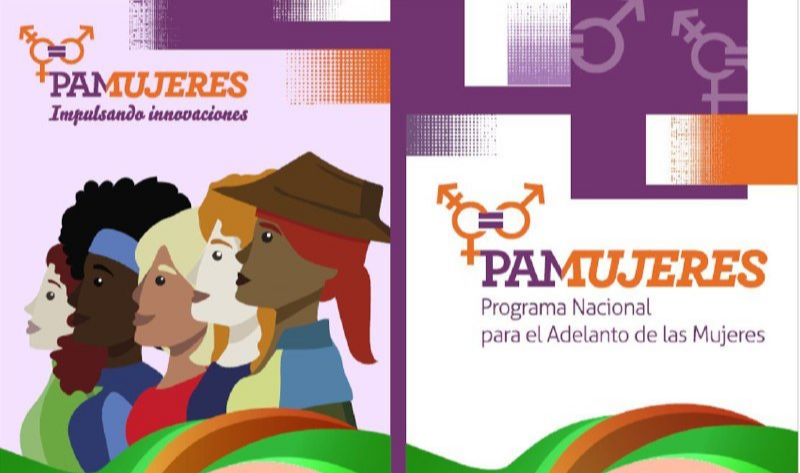
f
By María Josefina Arce
Cuba brought its experience and its commitment in favor of the empowerment of such an important sector of society as women, to the Third Ministerial Conference on Feminist Foreign Policies, which met earlier this week in Mexico.
Since the triumph of the Cuban Revolution in January 1959, Cuban women began to actively participate in all areas of the country's life, and the sphere of international relations was no exception.
A new stage began for women, who throughout these decades have also had a prominent presence in diplomatic activity.
Cuban Foreign Minister Bruno Rodríguez stated in his speech at the meeting that currently 43% of the total ambassadors are women and 279 female diplomats work in the Ministry of Foreign Affairs.
From their position, they have shown signs of courage and dedication in defending the principles of international law, the Homeland, the Cuban people and a favor to the dispossessed of the world.
They have also contributed to the development of relations between Cuba and other nations and have been protagonists of complex processes in Cuban diplomatic work.
The active presence of Cuban women in this sphere is the result of the revolution's decades-long strategy of promoting equal opportunities, a strategy that has been strengthened with the implementation of the National Program for the Advancement of Women.
It is a program that expands the decisive impact of the revolution in this area, said Teresa Amarelle, general secretary of the FMC, Federation of Cuban Women. Currently, women represent 56% of the deputies in the National Assembly of People's Power and have a high presence in important sectors such as science, health and education.
This initiative also takes into account the current conditions of the country, the challenges they generate, and the discriminatory manifestations that still exist in Cuban society to continue working towards their eradication.
It is a mechanism that reflects the will and commitment of the Cuban state to gender equality and the elimination of stereotypes that slow down the advancement of women, an essential force in the economic, political and social life of the country, as the authorities have highlighted. .

